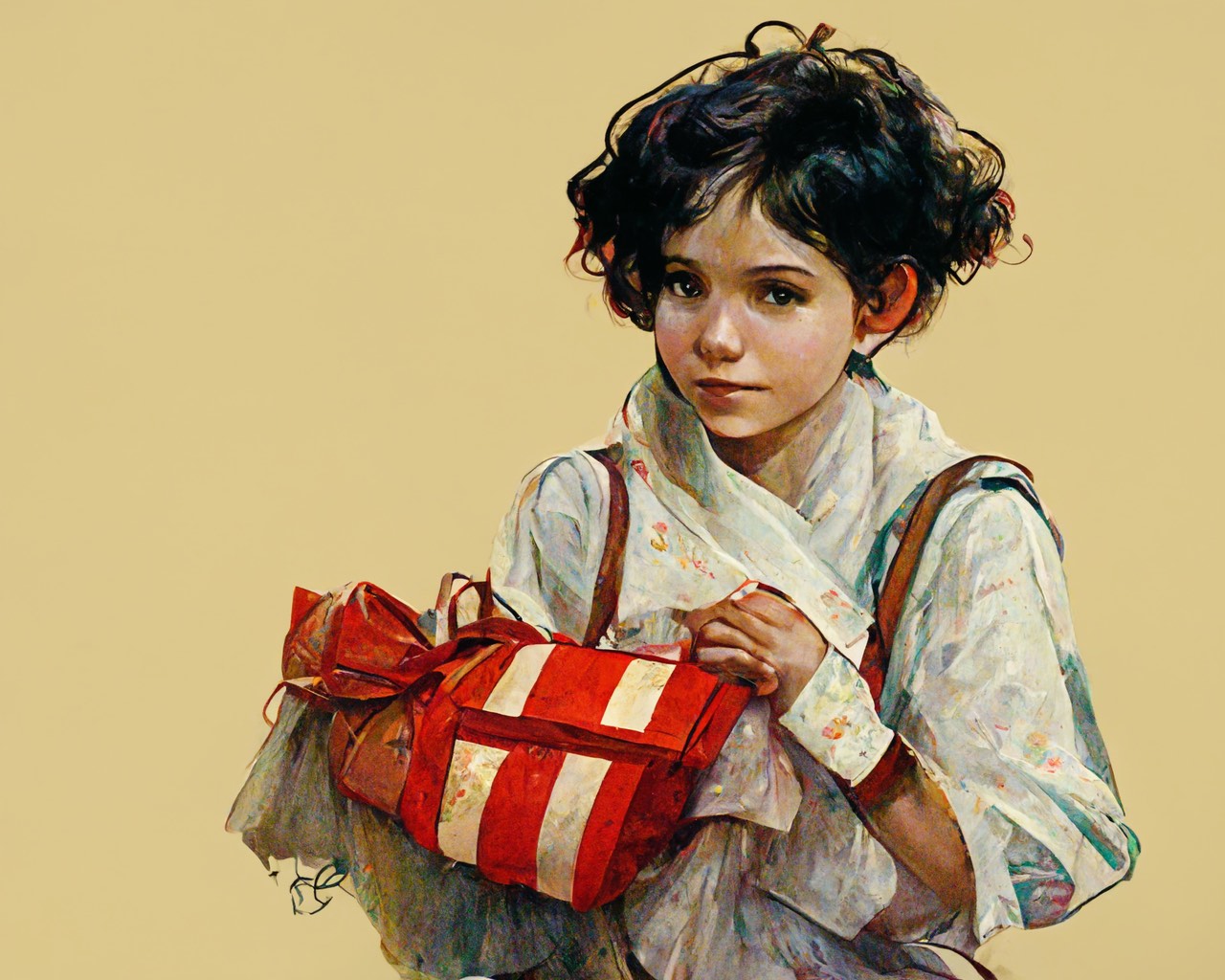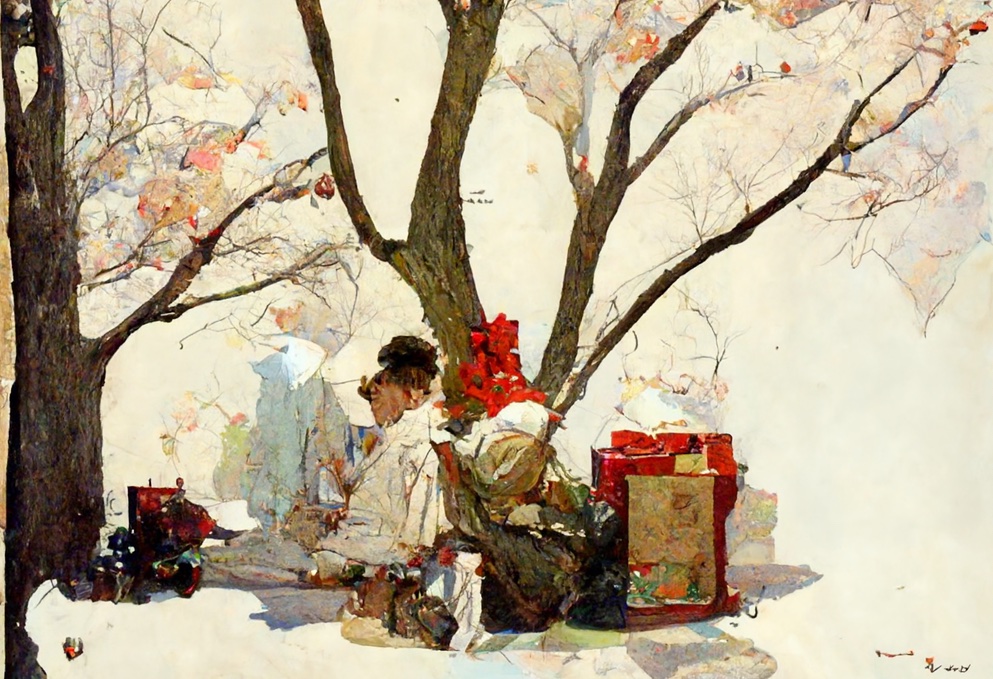What is the goal of a gift? To surprise, delight, add some utility… or all of the above? We spend a lot of money and time on things like Christmas gifts, but we rarely stop to think about what makes a great gift.
In this episode of the Hidden Brain podcast, marketing professor Jeff Galak explains what research tells us about great gifts. We have summarized the lessons and gift-giving tips in this article.
- What is a great gift?
- Does the gift have to be expensive?
- When should you give a gift?
- What is the best way to give a gift?
What is a great gift: focus on the giver or the receiver?
What kind of gifts do you like to give? Is there a common factor? Are they, for example:
- Self-made
- Nature-friendly
- Creative
- Unique
- Intangible
If you notice common elements in all your gifts, you may be a gift-giver that focuses on yourself. The best gifts, however, often focus on the recipient. What does the recipient need? What does he value?
It’s only human to want to tell something about yourself with your gift. If you feel creative, it makes sense that gifts should be creative too. But it may also be that if the recipient has a scratched frying pan, the best gift for that situation would be a new pan.
The characteristics of a good gift:
- It is intended for the recipient
- It delivers benefits in the longer term
- It is surprising but necessary
Does the gift have to be expensive?
A gift doesn’t have to be expensive to be great. A unique gift can also be valuable without being expensive. The podcast gives an example of gifts related to emotions and memories. A gift that tells the story of the history between the recipient and the giver can be more satisfying than a frying pan.
A gift can also be related to helping out in real life: watching the kids or the dog, so the recipient can go to the cinema, on a trip or out for a meal. It cannot be paid by credit card, which makes it even more valuable.
A really expensive gift can also cause negative emotions: jealousy, inadequacy and the stress of giving something in return. There are situations where expensive gifts are more acceptable: for example, parents can help with setting up the house without the young couple feeling they have to buy their parents an expensive snowblower as a present next Christmas.
On the other hand, suddenly buying a Rolex for a colleague raises at least a few eyebrows.
When should you give a gift?
Gifts come with expectations. Christmas presents or birthday presents are, at least in Finland, the gifts to which most expectations are attached. And when expectations rise, it’s harder to succeed.
So the real gift-giver’s tip is this: give gifts when least expected.
Delight your spouse with flowers on a Wednesday in March. Make a photo album for a childhood friend and give it to them out of the blue. It doesn’t have to be a big gift, but it will bring great pleasure.
If you are a spontaneous gift giver, remember to be kind to yourself on major gift-giving days. Invest less in Christmas and more in May.
What is the best way to give a gift?
It seems that to give a great gift, you would need to be a mind reader. Fortunately, we humans have this skill right on the tip of our tongues.
The best way to give a great gift is to ask the recipient what kind of gift they want. It may feel like cheating or forgetting your identity altogether, but research shows that it leads to better gifts.




Leave a Reply